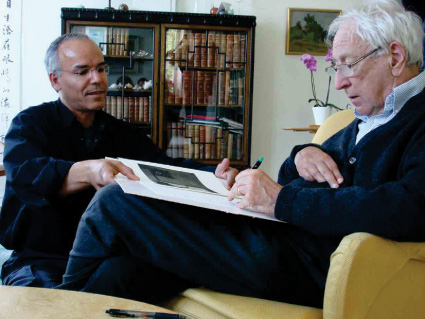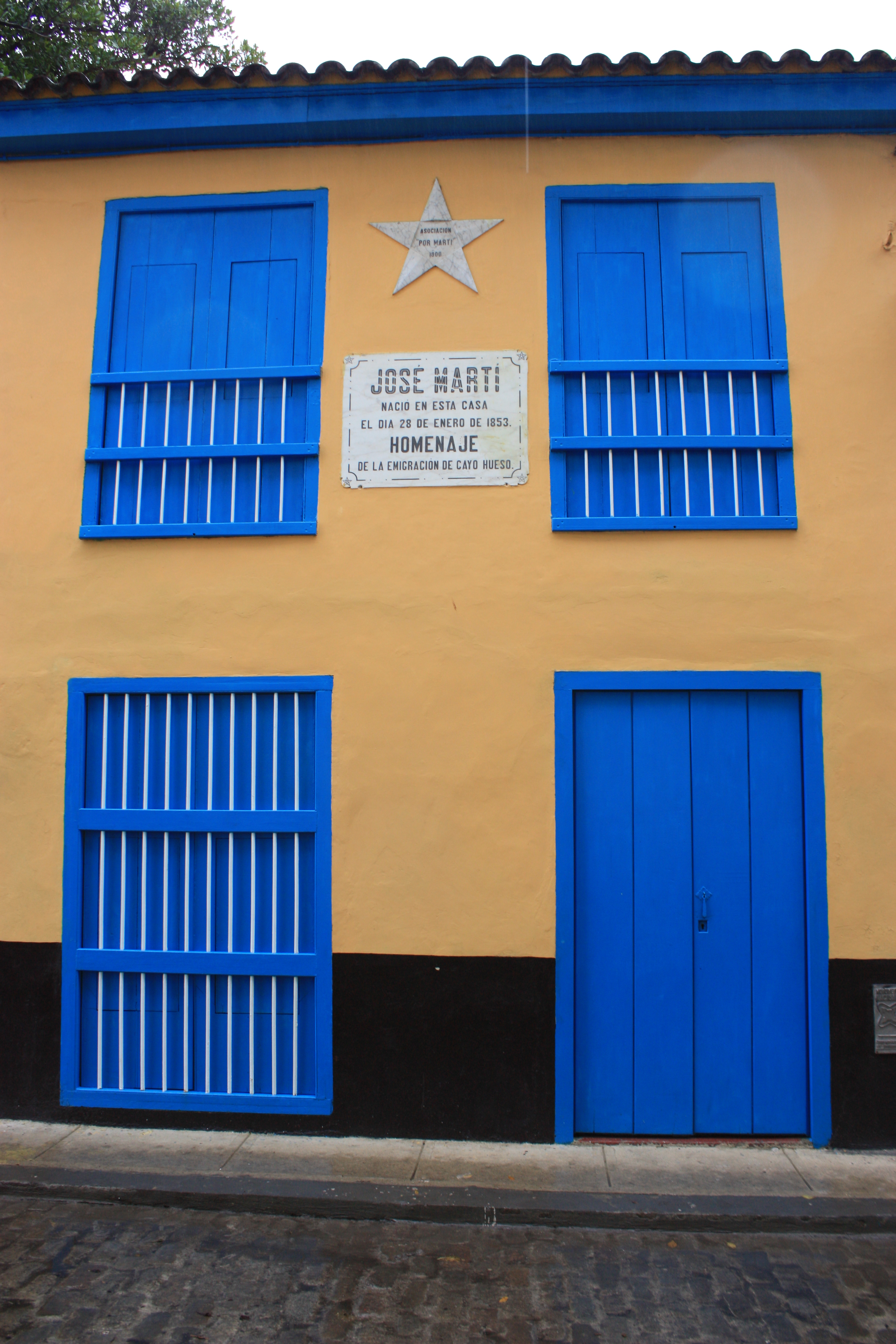|
Marcelijus Martinaitis
Marcelijus Teodoras Martinaitis (1 April 1936 – 5 April 2013) was a Lithuanian poet, essayist, translator. Biography Marcelijus Martinaitis born in a peasants family in Paserbentys village (now liquidated) in Raseiniai District Municipality. His brother Algirdas Martinaitis is a composer. Marcelijus Martinaitis graduated septennial school in Gerviniai. Later, he studied in Kaunas Polytechnical School. After the graduation in 1956, he worked as a communications worker, later as an editor in the newspaper ''Stalinietis'' of Raseiniai District. Martinaitis graduated from the History and Philology department of Vilnius University in 1964. Afterwards, he worked mostly at various magazines (''Jaunimo gretos'', ''Komjaunimo tiesa'', etc.). In 1980, he began teaching Lithuanian literature at Vilnius University. Martinaitis was an active member of the pro-independence ''Sąjūdis''. He was elected to the Supreme Soviet of the Lithuanian SSR in 1989. Later, he was a committee member of the ... [...More Info...] [...Related Items...] OR: [Wikipedia] [Google] [Baidu] |
Recipients Of The Lithuanian National Prize
The following is a list of the Recipients of Lithuanian National Prize. The Lithuanian National Prize for Culture and Arts honors achievements in Lithuanian culture and arts. It is traditionally awarded on February 16, commemorating the Act of Independence of Lithuania. The awards are conferred by the Lithuanian Ministry of Culture. 1989 * Jonas Juškaitis – poet, * Algirdas Martinaitis – composer, * Šarūnas Sauka – painter, * Kornelijus Matuzevičius – film director, * Henrikas Šablevičius – movie director, * Čiurlionis String Quartet, performers: ** Rimantas Šiugždinis – 1st violin, ** Saulius Kiškis – 2nd violin, ** Aloyzas Grižas – alto, ** Saulius Lipčius – cello. 1990 * Julius Juzeliūnas – composer, * Kazys Napoleonas Kitkauskas – architect, * Algirdas Steponavičius – painter, * Zita Žemaitytė – art critic, * Romualdas Požerskis – photographer. 1991 * Vytautas Bložė – poet, * Jeronimas Kačinskas – compo ... [...More Info...] [...Related Items...] OR: [Wikipedia] [Google] [Baidu] |
Order Of The Lithuanian Grand Duke Gediminas
The Order of the Lithuanian Grand Duke Gediminas is the Lithuanian Presidential Award which was re-instituted to honour the citizens of Lithuania for outstanding performance in civil and public offices. Foreign nationals may also be awarded this Order. The Order of the Lithuanian Grand Duke Gediminas was instituted in 1928. It features the Columns of Gediminas, one of the national symbols of Lithuania. Classes The Order of the Lithuanian Grand Duke Gediminas has five classes: Notable recipients The first five persons awarded the Order of the Lithuanian Grand Duke Gediminas after the restoration of the Independent State of Lithuania in 1991 were poets Justinas Marcinkevičius, Bernardas Brazdžionis, priest Ričardas Mikutavičius, painter Vytautas Kazimieras Jonynas and mathematician Jonas Kubilius. Other notable recipients *Edvard Beneš, Czech politician and President of Czechoslovakia * Algirdas Budrys, clarinetist * Christopher Cox, former U.S. Representative *Štefan F ... [...More Info...] [...Related Items...] OR: [Wikipedia] [Google] [Baidu] |
Poetry Spring
Poetry (derived from the Greek '' poiesis'', "making"), also called verse, is a form of literature that uses aesthetic and often rhythmic qualities of language − such as phonaesthetics, sound symbolism, and metre − to evoke meanings in addition to, or in place of, a prosaic ostensible meaning. A poem is a literary composition, written by a poet, using this principle. Poetry has a long and varied history, evolving differentially across the globe. It dates back at least to prehistoric times with hunting poetry in Africa and to panegyric and elegiac court poetry of the empires of the Nile, Niger, and Volta River valleys. Some of the earliest written poetry in Africa occurs among the Pyramid Texts written during the 25th century BCE. The earliest surviving Western Asian epic poetry, the '' Epic of Gilgamesh'', was written in Sumerian. Early poems in the Eurasian continent evolved from folk songs such as the Chinese ''Shijing'', as well as religious hymns ... [...More Info...] [...Related Items...] OR: [Wikipedia] [Google] [Baidu] |
Yesterday And Forever
''Yesterday and Forever'' ( lt, Vakar ir visados) is a Lithuanian film created in 1984. This film is a joint creation by the director Gytis Lukšas, singer Veronika Povilionienė and scriptwriter, poet Marcelijus Martinaitis. This film was made by a commission of the Soviet Central Television but later for the first three after creation is had no public debut. Instead, it had been shown in the cinemas of towns and small cities. After it had been shown in the Tbilisi Cinema by an initiative of Sergei Parajanov, it got recognition in Lithuanian SSR also. As an educational material, ''Yesterday and Forever'' was shown to students at some universities in the USA. Russian linguist and mythologist Vladimir Toporov Vladimir Nikolayevich Toporov (russian: Влади́мир Никола́евич Топоро́в; 5 July 1928 in Moscow5 December 2005 in Moscow) was a leading Russian philologist associated with the Tartu-Moscow semiotic school. His wife was ... praised this film as ... [...More Info...] [...Related Items...] OR: [Wikipedia] [Google] [Baidu] |
Gytis Lukšas
Gytis is a Lithuanian masculine given name. Notable people with the name include: *Gytis Ivanauskas (born 1980), Lithuanian actor, dancer and choreographer *Gytis Masiulis (born 1998), Lithuanian basketball player * Gytis Padimanskas (born 1972), Lithuanian footballer * Gytis Paulauskas (born 1999), Lithuanian footballer *Gytis Sirutavičius Gytis Sirutavičius (born 12 January 1983) is a Lithuanian professional basketball Basketball is a team sport in which two teams, most commonly of five players each, opposing one another on a rectangular court, compete with the primary obj ... (born 1983), Lithuanian basketball player * Gytis Stankevičius (born 1994), Lithuanian swimmer References {{given name Lithuanian masculine given names ... [...More Info...] [...Related Items...] OR: [Wikipedia] [Google] [Baidu] |
Tomas Tranströmer
Tomas Gösta Tranströmer (; 15 April 1931 – 26 March 2015) was a Swedish poet, psychologist and translator. His poems captured the long Swedish winters, the rhythm of the seasons and the palpable, atmospheric beauty of nature. Tranströmer's work is also characterized by a sense of mystery and wonder underlying the routine of everyday life, a quality which often gives his poems a religious dimension. He has been described as a Christian poet. Tranströmer is acclaimed as one of the most important Scandinavian writers since the Second World War. Critics praised his poetry for its accessibility, even in translation. His poetry has been translated into over 60 languages. He was the recipient of the 1990 Neustadt International Prize for Literature, the 2004 International Nonino Prize, and the 2011 Nobel Prize in Literature. Life and work Early life Tranströmer was born in Stockholm in 1931 and raised by his mother Helmy, a schoolteacher, following her divorce from his father, ... [...More Info...] [...Related Items...] OR: [Wikipedia] [Google] [Baidu] |
Paul-Eerik Rummo
Paul-Eerik Rummo (born January 19, 1942) is an Estonian poet, playwright, translator and politician who was the former Estonian Minister of Culture and Education, as well as the former Estonian Minister of Population Affairs. Rummo was born in Tallinn, the son of Estonian writer Paul Rummo. Paul-Eerik studied literature at the University of Tartu, graduating in 1965. Rummo has worked in Estonian theatres. Personal life Paul-Eerik Rummo is married to an actress, poet, author, and translator Viiu Härm. The couple have three daughters. Legacy In October 1980, Rummo was a signatory of the Letter of 40 Intellectuals, a public letter in which forty prominent Estonian intellectuals defended the Estonian language and protested the Russification policies of the Kremlin in Estonia. The signatories also expressed their unease against Republic-level government in harshly dealing with youth protests in Tallinn that were sparked a week earlier due to the banning of a public performance of ... [...More Info...] [...Related Items...] OR: [Wikipedia] [Google] [Baidu] |
Pablo Neruda
Ricardo Eliécer Neftalí Reyes Basoalto (12 July 1904 – 23 September 1973), better known by his pen name and, later, legal name Pablo Neruda (; ), was a Chilean poet-diplomat and politician who won the 1971 Nobel Prize in Literature. Neruda became known as a poet when he was 13 years old, and wrote in a variety of styles, including surrealist poems, historical epics, overtly political manifestos, a prose autobiography, and passionate love poems such as the ones in his collection ''Twenty Love Poems and a Song of Despair'' (1924). Neruda occupied many diplomatic positions in various countries during his lifetime and served a term as a Senator for the Chilean Communist Party. When President Gabriel González Videla outlawed communism in Chile in 1948, a warrant was issued for Neruda's arrest. Friends hid him for months in the basement of a house in the port city of Valparaíso, and in 1949 he escaped through a mountain pass near Maihue Lake into Argentina; he would not retu ... [...More Info...] [...Related Items...] OR: [Wikipedia] [Google] [Baidu] |
José Martí
José Julián Martí Pérez (; January 28, 1853 – May 19, 1895) was a Cuban nationalist, poet, philosopher, essayist, journalist, translator, professor, and publisher, who is considered a Cuban national hero because of his role in the liberation of his country from Spain. He was also an important figure in Latin American literature. He was very politically active and is considered an important philosopher and political theorist. Through his writings and political activity, he became a symbol of Cuba's bid for independence from the Spanish Empire in the 19th century, and is referred to as the "Apostle of Cuban Independence". From adolescence, he dedicated his life to the promotion of liberty, political independence for Cuba, and intellectual independence for all Spanish Americans; his death was used as a cry for Cuban independence from Spain by both the Cuban revolutionaries and those Cubans previously reluctant to start a revolt. Born in Havana, Spanish Empire, Martí began h ... [...More Info...] [...Related Items...] OR: [Wikipedia] [Google] [Baidu] |
Juan Ramón Jiménez
Juan Ramón Jiménez Mantecón (; 23 December 1881 – 29 May 1958) was a Spanish poet, a prolific writer who received the 1956 Nobel Prize in Literature "for his lyrical poetry, which in the Spanish language constitutes an example of high spirit and artistic purity". One of Jiménez's most important contributions to modern poetry was his advocacy of the concept of "pure poetry". Biography Juan Ramón Jiménez was born in Moguer, near Huelva, in Andalucia, on 23 December 1881. He was educated in the Jesuit institution of San Luis Gonzaga, in El Puerto de Santa María, near Cadiz. Later, he studied law and painting at the University of Seville, but he soon discovered that his talents were better used for writing. He then dedicated himself to literature, under the influence of Rubén Darío and French symbolism. He published his first two books at the age of eighteen, in 1900. The death of his father the same year devastated him, and a resulting depression led to his being s ... [...More Info...] [...Related Items...] OR: [Wikipedia] [Google] [Baidu] |

.jpg)


